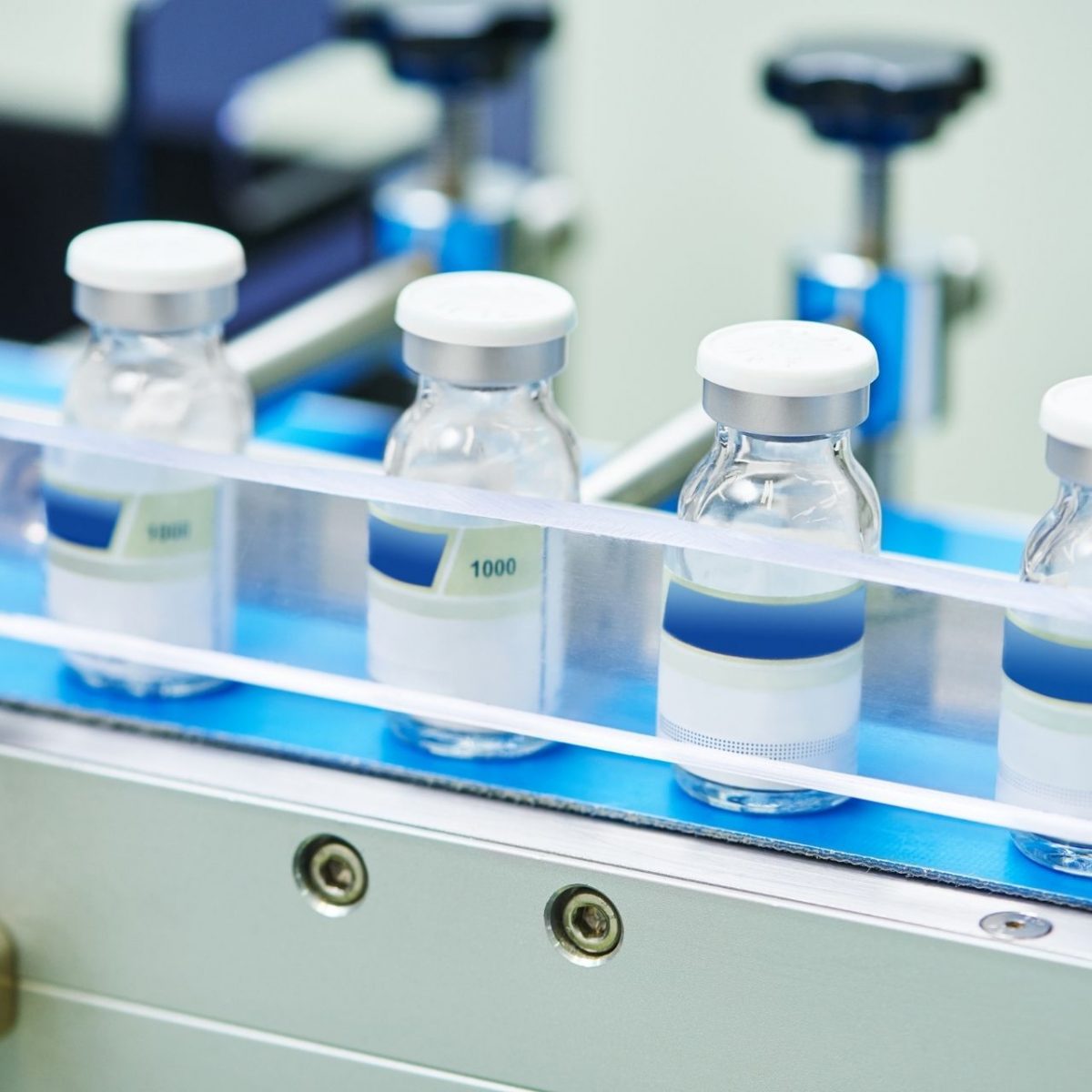


The Pharmaceutical Industry in Malta – An Overview
by Frank Salt Real Estate
28th July 2021


Malta is well known for its excellent healthcare standards and thriving pharmaceutical and biotech industry. Both of which have earned the country a reputation as one of the best locations and jurisdictions for this industry sector in the whole of the EU. The local pharmaceutical industry accounted for 17% of Malta’s GDP in 2019.
Malta has invested heavily in infrastructure such as laboratory facilities and the building of a science park, the €35million Life Sciences Centre. It covers a floor area of more than 11,000m2 and is located close to key stakeholders, the university and state hospital. A further boost has come in the arrival of Partners Healthcare International, the USA’s leading academic health care system which is affiliated with five Harvard Medical School teaching hospitals. This move will see a large chunk of Harvard’s research budget allocated to Malta. All of these developments, combined with significant EU funding will heighten Malta’s visibility even further as a global research, development and manufacturing destination.
Advantages of Malta’s membership of the EU
Malta joined the European Union as a full member in 2004 and this brought obvious advantages for both the industry and the country as a whole. Belonging to this exclusive club means that products manufactured in Malta now carry the seal of approval in that products are vetted under strict EU standards and are therefore not only safe, but cost effective and comes from a coveted jurisdiction. Malta being an EU member brings with it added value, opportunities and prestige for any company that wishes to operate from Malta in this manufacturing sector.
Malta’s geographical advantages
Looking at Malta’s history, we bear witness the country’s on-going desirability as a base of operations due to its strategic location. Malta is mid-way between Africa and Europe and this makes it a superb hub when it comes to business dealings with the whole of the EU, Schengen Area, Africa and the Middle East. Add to that the fact that Malta finds itself on one of the busiest shipping lanes in the world, has an excellent Freeport and deep water quays that can handle some of the world’s biggest cargo and container ships and one can see why Malta is perfect for the export of pharmaceutical products globally.
Malta’s Tax advantages for the Biotech and Pharmaceutical Industries
Biotech and pharmaceutical companies from Malta pay tax on their chargeable income at the standard rate for companies which are usually levied at 35%. Shareholders of these companies on the other hand can claim refunds of all or part of this tax, but this depends on certain rules such as the source and type of income received by the company. The biggest benefit for pharmaceutical companies’ whose trading income is derived from for instance the licensing of patents and trademarks means that the shareholders of those companies become eligible for a refund of up to approximately 85% of taxes paid in Malta!
Additionally there are the benefits of double tax treaties with more than 70 countries globally, plus various other directives that Malta has adopted as an EU member. Then there are Malta’s own allowances granted through means of investment, Malta Enterprise’s incentives and further research and development incentives. As if this was not enough, there are also various other grants from the EU earmarked for this industry sector as well. All of these opportunities, whether separate or combined, makes Malta one of the most attractive global operational and manufacturing destinations when it comes to biotech and pharmaceutical companies. As a biotech hub, Malta’s base costs are lower than that of Switzerland, the UK or Ireland.
Patent Protection in Malta
Malta has rigorous patent protection legislation, safeguarding patent owners for twenty years of exclusive protection against third parties, effective from the date of filing the application. As the location of where a patent is filed is of utmost importance for its legal owners, that country needs to have a very strong legal framework to ensure the exclusivity and rights of the patent holder is comprehensively protected. This makes Malta an ideal jurisdiction because of its clear legal system when it comes to patency rights. As this is a highly competitive industry where time is of the utmost importance, Malta is also known for its quick turnaround time thus providing another competitive edge.
For those in the know, Malta adopted what is known as the “Bolar Provision” in 2003, prior to even the EU. This was later accepted and adopted by the EU as mandatory through EU Directive 2004/27/EC and allows for companies to carry out the testing of and clinical trials of products with the eye on obtaining regulatory approval prior the expiration of the particular product’s patency rights. Through using this provision, generic drugs may be developed with all testing and preparation completed and in place prior to the patent holder’s expiration date. The benefit of this is that there are thus no undue delays getting the product on to the market afterwards whereas more conservative jurisdictions may face considerable time delays. This has made Malta a very desirable country for those that specialise in the manufacturing, research and development of generic medicine.
Malta’s laws for pharmaceuticals and biotech industries incorporate all responsibilities arising from what is known as the Patent Cooperation Treaty (PCT) and the European Patent Convention. This means that protection in Malta also applies to all other member countries.
Another huge plus point is that any marketing authorisation obtained for pharmaceuticals intended for human consumption or use in Malta may be used to market the medicines concerned in all other EU countries as well. This works both ways, as companies that have obtained market authorisation in another member state can set up shop unhindered in Malta through the EU’s principle of freedom of establishment.
Workforce and language advantages
Malta has a high ratio of university educated and qualified workers: from chemistry graduates to bio-lab machine operators who all speak English, one of Malta’s two officially recognised languages.
This means that any company wishing to locate to Malta to set up shop will have access to an already experienced and qualified workforce. As past performance has shown, this sector is thriving and a big contributor to Malta’s GDP and some big names already have made the islands their home.
Whether it is intellectual property rights, patent protection or preparatory work for the launch of generic medicines, companies setting up business in Malta can be assured of being underwritten by comprehensive laws and a beneficial tax system for starters.
The country offers numerous, excellent opportunities to any company and access to many world markets when it comes to the selling of any products in a fast and efficient manner. Coupled with the availability of lucrative incentives and grants from both the Government and the EU, Malta is a serious contender if not the obvious choice for any pharmaceutical company or biotech firm.